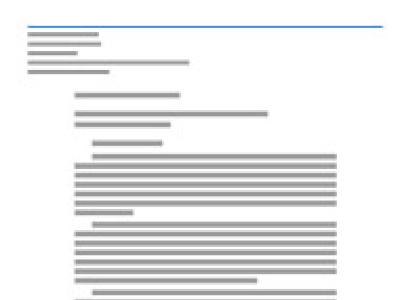
Coalition theory assumes that political parties can be analysed as unitary actors. However, this assumption is disputed. Kaare Strom (1990) argues that parties in which the leaders are unconstrained by their party organization are more efficient in coalition negotiations. On the other hand, Moshe Maor (1998) argues the exact opposite that parties in which the party organization is included in decisions have an advantage. This theoretical dispute can only be settled by empirical tests. This paper examines the impact of power relations within Danish opposition parties on their legislative coalition behaviour. The analysis shows that intra-party power relations have a significant impact on the coalition behaviour of Danish opposition parties and parties with comparatively unconstrained negotiators tend to participate more frequently in legislative accommodations than parties with strong organization. The paper suggests how intraparty politics might be included more systematically in studies of coalition formation and party behaviour.





